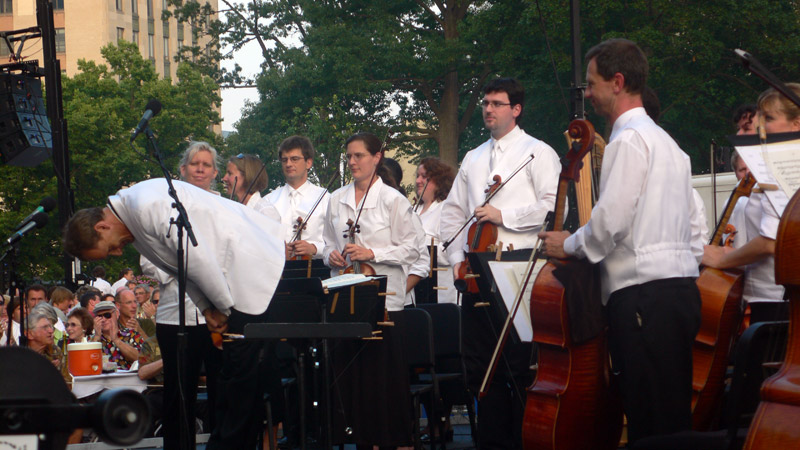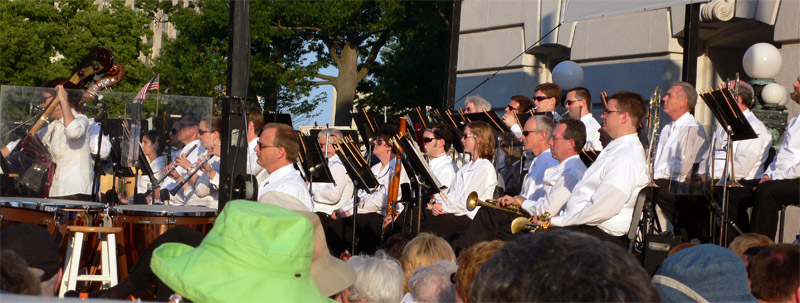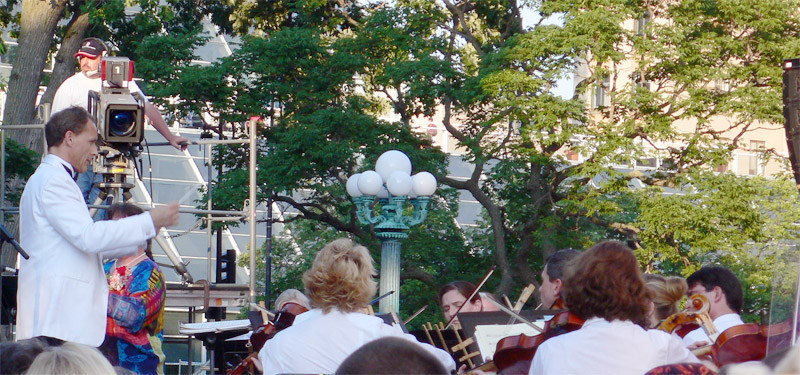i’ve not thought much about satellite radio (XM, Sirius) until a recent lengthy drive around central Colorado. Prior to satellite radio, if you wanted music while driving, the choices were:
- an iPod with an fm adaptor, or a cable plugged into the rental car’s radio, or
- Local radio
Hertz, perhaps via a Sirius promotion, included their service in my rental car. I was pleasantly surprised with the depth and breadth of music available (though Lefsetz says that XM is superior in this respect – and in reception quality).
Several of Sirius’s songs were a pleasant surprise: Elton John’s classic “Funeral for a Friend” and Willie Nelson’s acoustic “Crazy“, among others.
There were some disappointments, including replays (Coldplay) and the odd playing of the “Fray” in Sirius’s “Coffeehouse” program. I have to assume that they are paid to plug the Fray.
I was pleasantly surprised with the Sirius reception while driving in Canyons. The only places we lost reception were I-70’s Eisenhower Tunnel and in some deep canyons.
The satellite choices certainly are compelling, particularly given the same old, same old, played over and over on traditional stations.
Finally, I continue to be amazed at the quantity of 30 and 40 year old music played in restaurants, cafe’s and bars. Lunching on trout tacos one day, we heard Joan Baez, Steve Miller, The Who, the Rolling Stones and Led Zeppelin among many others. Is there nothing interesting from the 21st Century?









